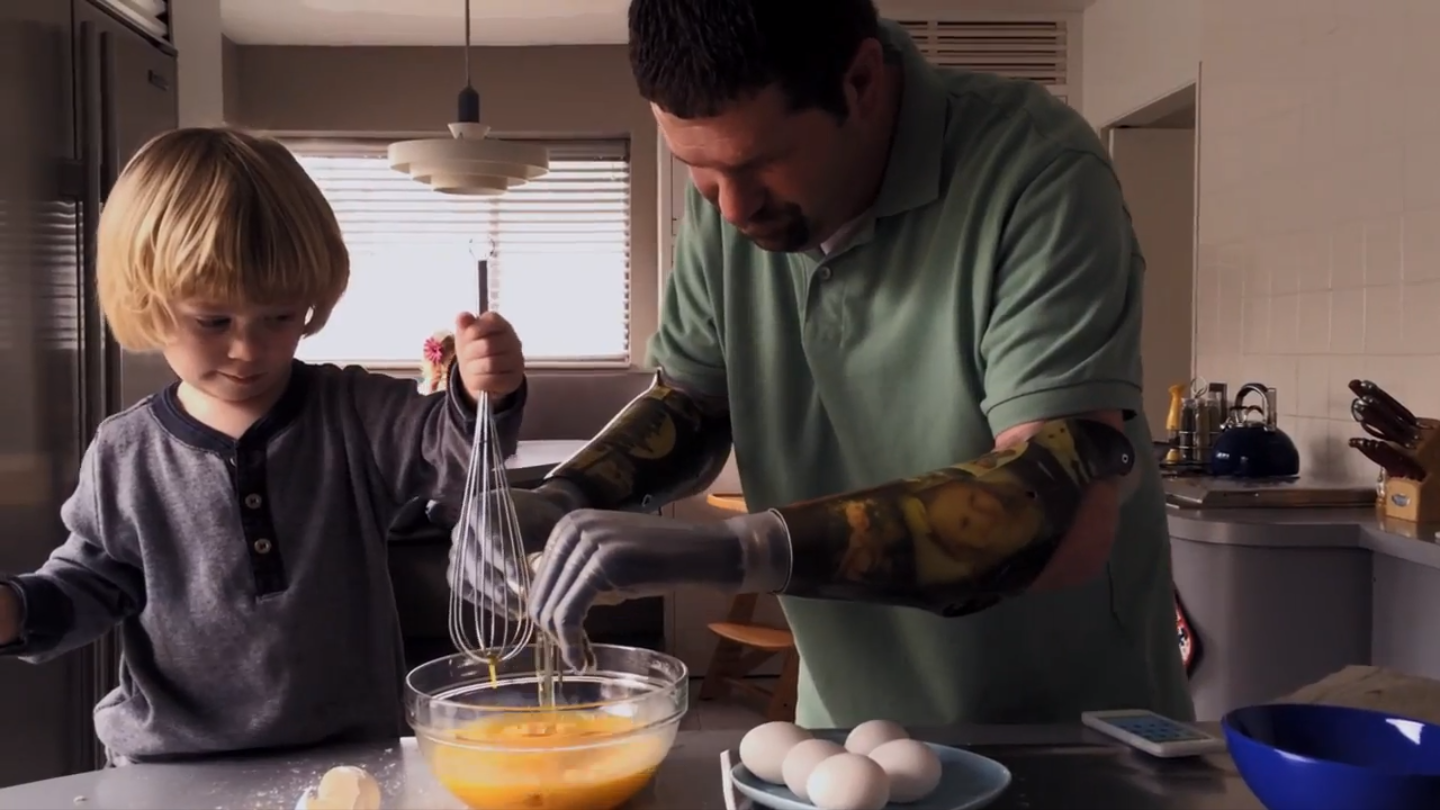 In 1984 Apple rocked the advertising world with a Superbowl commercial directed by Ridley Scott. The commercial depicted a futuristic dystopian dictatorship being challenged by a courageous young heroine with a vision; a not-at-all-subtle metaphor for the soon-to-be-introduced Macintosh computer. The commercial won countless awards when it was aired, and many of the revolutionary features of the Macintosh were quickly adopted by Microsoft, the company that the commercial suggested was the enemy of freedom. Three decades later, Apple is no longer a feisty young rebel.
In 1984 Apple rocked the advertising world with a Superbowl commercial directed by Ridley Scott. The commercial depicted a futuristic dystopian dictatorship being challenged by a courageous young heroine with a vision; a not-at-all-subtle metaphor for the soon-to-be-introduced Macintosh computer. The commercial won countless awards when it was aired, and many of the revolutionary features of the Macintosh were quickly adopted by Microsoft, the company that the commercial suggested was the enemy of freedom. Three decades later, Apple is no longer a feisty young rebel.
This new Apple commercial, filmed completely with iPhones, captures a much more optimistic vision of the role of digital technology in our future. (Ironically, it had a lot in common with Microsoft’s Super Bowl ad.) What will Apple’s (or Microsoft’s) visionary commercials look like 30 years from now?
Read more about the ad at huffingtonpost.com/2014/02/03/apple-mac-ad-30th-anniversary_n_4718255.html.
Tag: iPhone
Mike Daisey’s monologue on This American Life a few weeks ago fueled the firestorm of criticism of Apple for treatment of workers that make all those iProducts. There’s truth in many of the criticisms, but there are enough untruths in the monologue to cause the producers of this popular public radio program to devote an entire episode to exposing the real, fully factual story. This episode says as much about the ethics of journalism as it does about the ethics of manufacturing gadgets.
After seeing some mysterious photos someone found on a brand new iPhone, comedian Mike Daisey travelled to China to find out where and how our digital gadgets are made. He tells his story (EDIT: his “story” was later found out to be just that, a story) in this episode of public radio’s This American Life.
www.thisamericanlife.org/radio-archives/episode/454/mr-daisey-and-the-apple-factory
NPR.org/2011/12/26/144146395/the-touchy-feely-future-of-technology
A few years ago touch-screen devices were novelties; today they’re everywhere. Hundreds of millions of smart phones and tablets are profoundly changing the ways people interact with tools, the Internet, and each other. This excellent NPR report covers the evolution of touch technology. Segments examine unusual uses, social implications, and future applications of this rapidly-changing technology. The site includes both text and audio versions of the story.
During his tenure as CEO of Apple, Steve Jobs had a profound impact on computers, the music industry, home entertainment, phones, and (most importantly) our day-to-day lives. He transformed Apple from a garage startup into the most valuable company in the world. When he announced his resignation as CEO, the press responded with many thoughtful articles about this iconic visionary, including these: